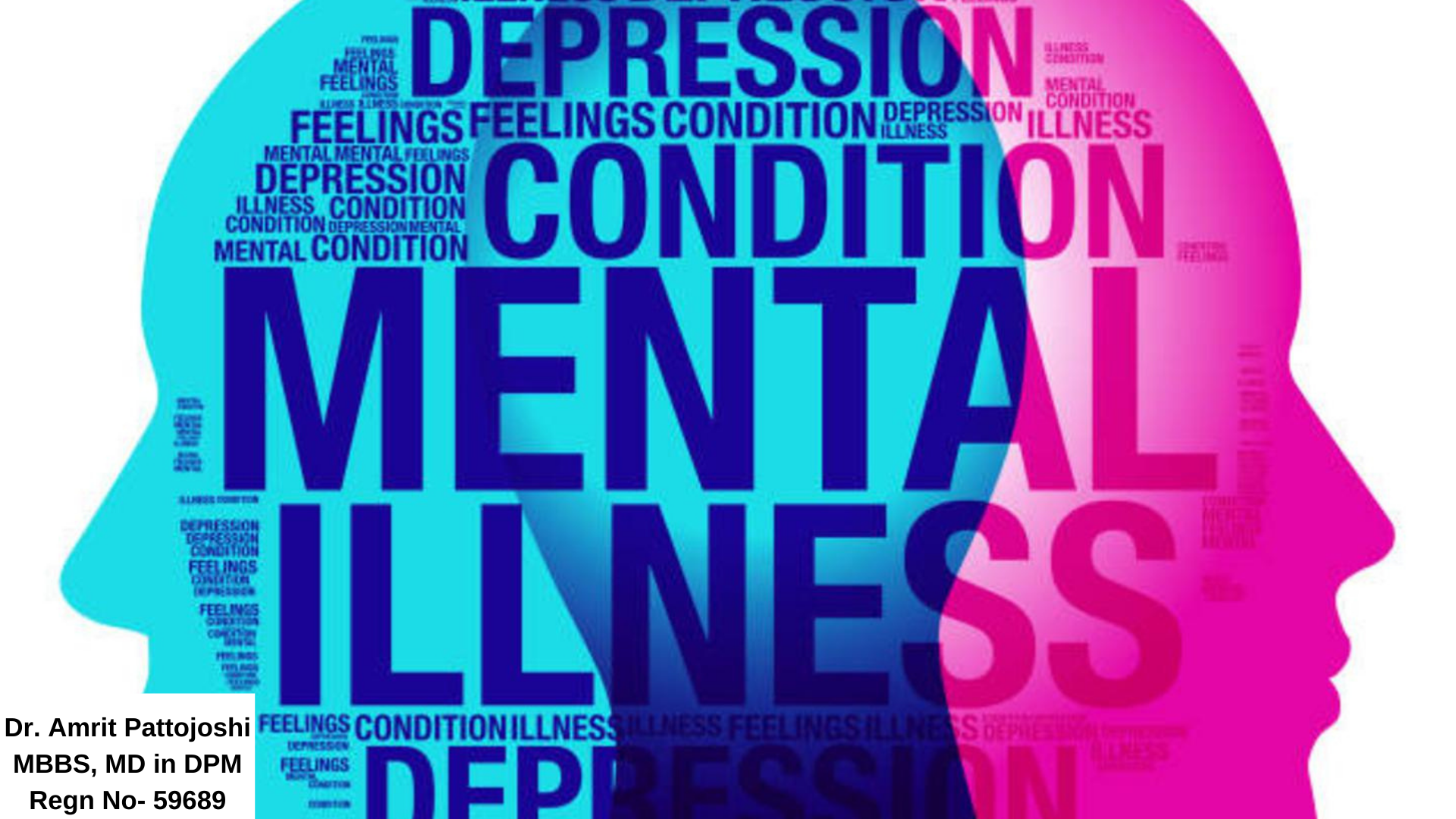In an age where daily pressures and digital distractions are ever-present, it’s easy to neglect our mental health. Yet, mental well-being is the cornerstone of a fulfilling and balanced life. It impacts how we think, feel, and handle stress. Understanding and nurturing mental health is essential for overall wellness.
Mental health refers to our emotional, psychological, and social well-being. It affects our ability to manage stress, relate to others, and make sound decisions. Key aspects include:
- Emotional Balance: The ability to experience and manage emotions in a healthy way.
- Psychological Resilience: The capacity to recover from difficulties and adapt to change.
- Social Interactions: The quality of our relationships and social support networks.
Why Mental Health Is Important
1. Daily Functioning:Mental health issues can interfere with everyday activities. Disorders like depression and anxiety can affect productivity, relationships, and general well-being. For instance, anxiety might impair focus, while depression can diminish motivation
2. Link to Physical Health:Mental health is closely tied to physical health. Chronic stress and mental health conditions can lead to physical ailments such as cardiovascular disease, gastrointestinal issues, and chronic pain. Conversely, addressing mental health can improve physical health outcomes.
3. Resilience:Good mental health fosters resilience and effective coping strategies. Techniques like mindfulness, cognitive restructuring, and stress management can enhance our ability to handle challenges and maintain a positive outlook.
2. Link to Physical Health:Mental health is closely tied to physical health. Chronic stress and mental health conditions can lead to physical ailments such as cardiovascular disease, gastrointestinal issues, and chronic pain. Conversely, addressing mental health can improve physical health outcomes.
3. Resilience:Good mental health fosters resilience and effective coping strategies. Techniques like mindfulness, cognitive restructuring, and stress management can enhance our ability to handle challenges and maintain a positive outlook.
How to Support Your Mental Health
1. Engage in Regular Exercise:Physical activity boosts mood and reduces anxiety and depression. Exercise promotes the release of endorphins, which improve emotional well-being.
2. Maintain a Balanced Diet:A healthy diet supports mental health. Foods rich in omega-3 fatty acids, vitamins, and minerals can positively impact brain function and mood.
3. Prioritize Sleep:Quality sleep is crucial for mental health. Poor sleep can exacerbate stress and emotional issues. Establishing a consistent sleep routine and creating a restful environment can enhance sleep quality.
4. Seek Professional Help:Consulting with a mental health professional is vital if you’re struggling. Therapists, counselors, and psychiatrists can offer tailored treatment and support.
5. Foster Strong Relationships:Building and maintaining a supportive social network is key to mental well-being. Positive relationships provide emotional support and reduce feelings of isolation.
5. Foster Strong Relationships:Building and maintaining a supportive social network is key to mental well-being. Positive relationships provide emotional support and reduce feelings of isolation.
Conclusion
Mental health is a fundamental aspect of overall well-being. By prioritizing mental health and implementing strategies to support it, individuals can lead more satisfying and resilient lives. Remember, mental health is an ongoing journey, and seeking help is a sign of strength. Embrace self-care and reach out to professionals as needed to nurture a healthy mind and body.
Taking these steps can significantly enhance your quality of life and ensure you remain balanced and fulfilled in all aspects of your life.
